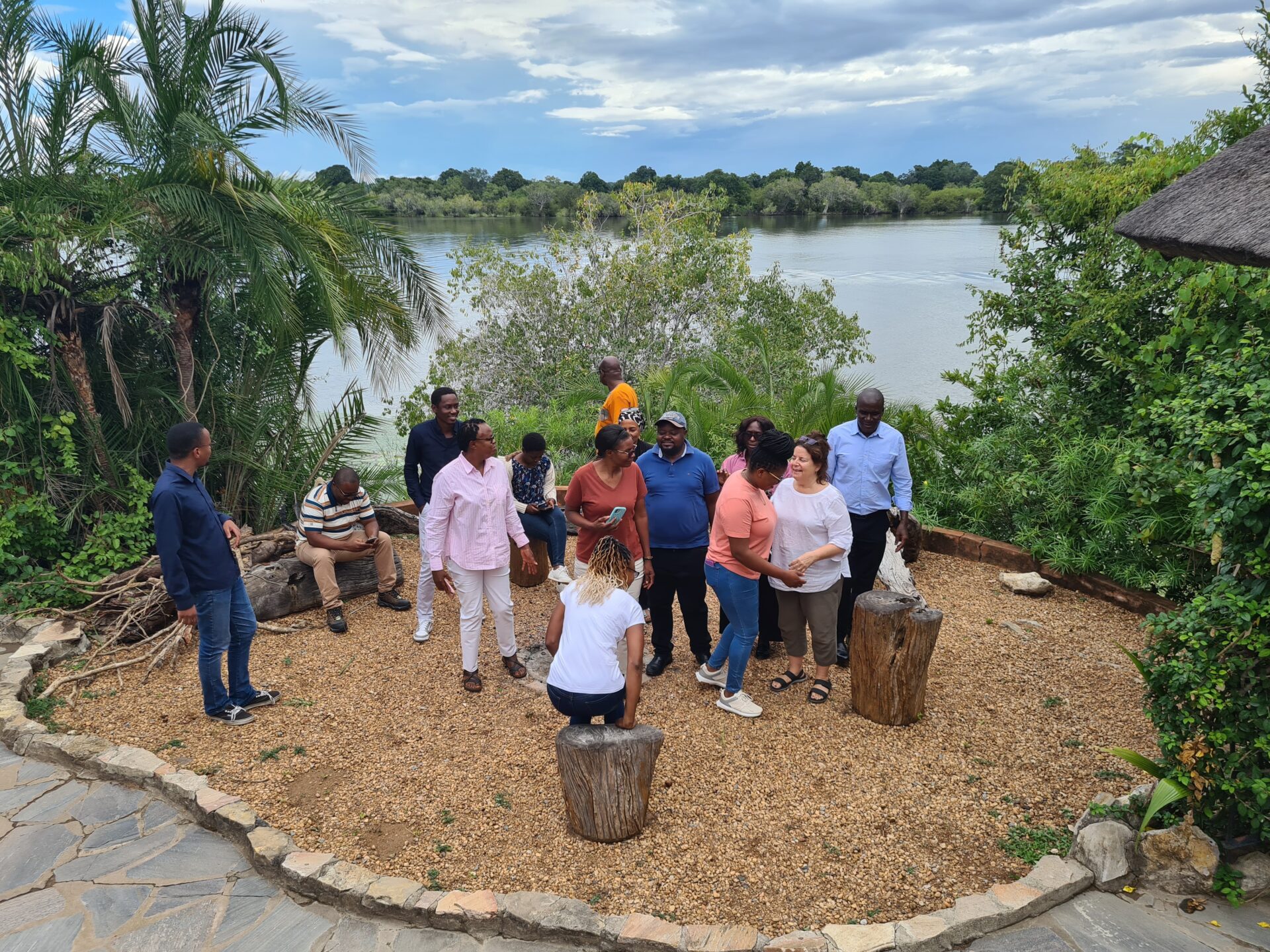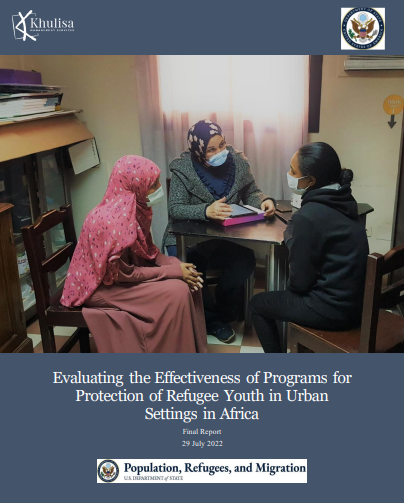In our recent blog post on Young & Emergent Evaluators (YEEs), Khulisa chatted to one of our own emerging evaluation stars, Heather Dixon. In October 2020, Heather represented Khulisa and YEEs in an online webinar discussing the state of YEEs in South Africa.
According to the South African Government’s Department of Planning, Monitoring & Evaluation (DPME) and the South African Monitoring and Evaluation Association (SAMEA), an emerging evaluator is someone who meets at least one of the following criteria:
- Has less than five years of experience in evaluation and/or undertaken less than 5 evaluations
- Completed a university qualification and/or M&E qualification
- Diverted to evaluation as a mid-career professional with experience in research
From Heather’s perspective, becoming an evaluator is not as simple as ticking one of these three boxes. She identified two enabling factors to becoming an evaluator and three inhibiting factors.
What Factors Enable Emerging Evaluators?
- Evaluation is a broad field with a transferable skill set
Emerging evaluators can come from a variety of different university qualifications and professional specializations. This provides the opportunity for a vast array of recent graduates to become EEs. Transferable skills such as data collection, data capturing, and data analysis enable mid-career professionals to begin a career in evaluation.
- Access to skills development and networking platforms
What Factors Inhibit Emerging Evaluators?
- Lack of funding
The lack of funding opportunities for studying monitoring and evaluation (M&E) discourages graduates from exploring the field.
- Undergraduate degrees in evaluation aren’t easily found
Added to the lack of funding, most M&E courses are only available at the postgraduate level and are “costly with stringent entry requirements” (DPME &SAMEA, 2020)
- Minimal mentorship in the evaluation field
The SAMEA survey found this to be one of the main factors stated by participants as inhibiting their progression further into evaluation. Khulisa does its part to mentor the next generation of evaluators.
Khulisa’s Advice for Emerging Evaluators
In our blog post “Young & Emerging evaluators asked, Khulisa answered”, Khulisa answered questions posed by Masters’ evaluation students at the University of Cape Town (UCT). Here is an excerpt from the blog where we provide some guidance, some mentorship, to emerging evaluators.
What advice do you have for emerging evaluators entering the field?
- Always remain ethical. Evaluation is not about influencing data or recommendations based on your own or someone else’s agenda. Evaluation is about presenting information honestly so that the client can best use the findings as needed.
- Check for typos. Being detail-oriented is a quality that evaluators are expected to have. Make sure your CV and cover letter don’t have typos. We quality assure all our work – so you should too. Get someone else to check your applications before you send them.
- Know your methodology and data collection methods so that you can present and defend the decisions you make with confidence and be able to make the value judgements about which methods are most appropriate case-by-case.
- Remain open to learning. You’ll never know everything.
References:
Watch the hour-long presentation at https://www.samea.org.za/resource?slug=event-webinar-sharing-survey-results-in-conversation-with-emerging-evaluators.
DPME & SAMEA (2020), The State of Emerging Evaluators in South Africa: Final Draft Survey Report accessed from: https://www.samea.org.za/summernotefile/dump?summernotefile_id=195 on 11/04/2021



